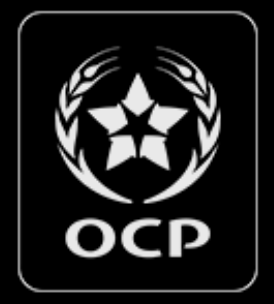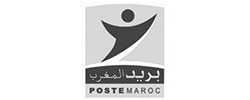
© Leila Alaoui
I would like first of all to thank Her Royal Highness Princess Lalla Meryem for her trust in me, as well as the ethics committee of the National Union of Women of Morocco for its support.
This year, it was through photography that I wanted to pay tribute to women, bringing them together around an event, the “100” exhibition, even if I could have pay tribute to far more than one hundred women. This book is therefore only a humble highlighting of the journey of some of Morocco’s women : it is indeed the reflection of our feminine presence which asserts itself more each year, although as we know, the status and situation of Moroccan women are always marked by a profound inequality in relation to the status of men.
So let's make ourselves heard! Let us dare to impose ourselves! Let's remember. In 2009, while I was pregnant I was on the cover page of the “Femmes du Maroc” magazine, thanks to Myriam Jebbor who accepted to take up the challenge. This cover page was symbolic and will remain an important moment in my life as a woman and as a mother. Daring, yes we must be!
Many women around the world soon realize that they will have to struggle continually to enforce their rights. Let us not forget the alarming figure that caused a shock wave in Morocco: in one year there are more than 38,000 reported * cases of violence against women: psychological, physical and sexual violence. Some women will have the courage to react and say no; others will not. Let us not forget the vulnerability of some women: I think of women with disabilities, of women who live isolated, repudiated, of single mothers, and of female inmates. What about the marriage of minors, polygamy, and the question of unequal inheritance rights between men and women? Not to mention the issue of abortion ... We know that for some women the road will be long and arduous. It is impossible to forget Amina Filali and Khadija Souidi, who lived through hell and preferred to put an end to their lives, or the young El Hasnae who had a tragic destiny, as well as all those girls and women for whom the word "despair" is a reality.
But let us all be proud of our country's progress. Since 2000, Morocco has embarked on a process of democratic transition that has enabled major reforms to be implemented at different levels: political, legislative and institutional, thanks to His Majesty King Mohammed VI. It should be noted that the principle of equality between men and women has now been established in the 2011 Constitution, more precisely with Article 19, although on the ground, the fight is far from being won ...
I will finish by having an affectionate thought for these admirable women who have left us: the pioneer Fatéma Mernissi, the indefatigable Zoulikha Nasri, the committed Leila Alaoui (who in 2011 had celebrated women with a series of magnificent portraits), and the pugnacious Malika Malek. Without forgetting Lalla Aïcha, an early feminist who gave a memorable speech in 1947 that encouraged Moroccan women to attend school and study Arabic and foreign languages, pointing to the essential role of education.
Nadia Larguet
* Cases identified in 2014 by the Moroccan Observatory of Violence Against Women












